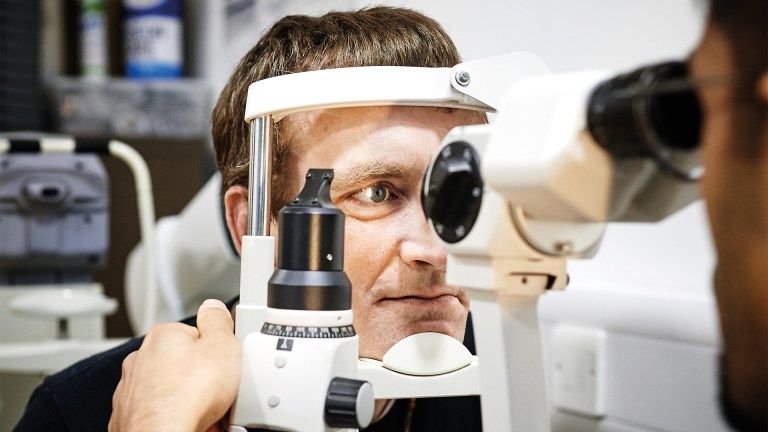Some 34,000 people across seven UK cities could prevent the onset of life-threatening diseases by 2040 if cycling became as popular as it is in London, a report has revealed.
Walking and cycling charity Sustrans looked at the health, economic and environmental benefits of cycling could look like within 21 years in Belfast, Birmingham, Bristol, Cardiff, Edinburgh, Greater Manchester and Newcastle. The analysis shows that cases of type 2 diabetes, stroke, breast cancer and depression would decrease if people in those cities swapped other kinds of transport for cycling.
The study, based on existing cycling data from cities across the UK, argues for doubling average cycling trips every eight years between 2017 and 2040. This eight-fold increase in cycling would equate to over 242.4 million hours of physical activity. It is estimated that this would prevent 628 early deaths, generate £21bn savings for the economy and £319m savings for the NHS (which currently spends £1bn a year as a result of inactivity).
The charity warned that the substantial health benefits from increased cycling would only be possible with long-term political commitment and investment across government. It called for a high-quality cycling network, neighbourhoods redesigned with walkers and cyclers in mind, incentives for people to change their travel behaviours and for cycling to become fully integrated with public transport, home and work.
Xavier Brice, Sustrans chief executive, said: “Our report provides 34,000 reasons why governments across the UK should prioritise investment in cycling. Every part of the country is facing a physical inactivity and obesity crisis, which is why decision-makers need to get on the front foot and tackle these problems head-on.
“Prevention is better than cure is an often repeated mantra of health ministers across the UK, but tackling the deepening health crisis shouldn’t be left to the NHS alone.”





